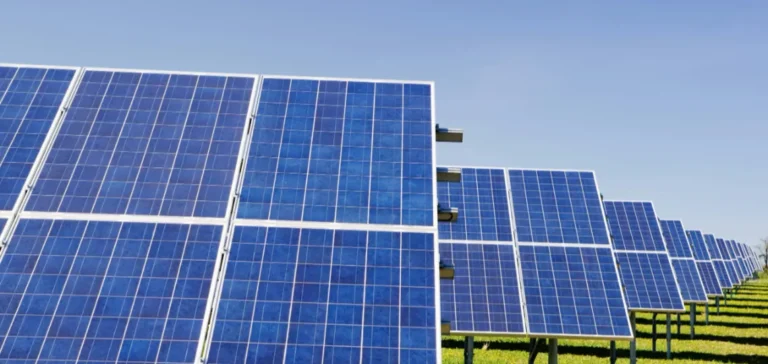Côte d’Ivoire has officially launched construction of the Kong photovoltaic solar power plant in the Tchologo region, in the north of the country. This project, with an installed capacity of 50 megawatts (MW), is part of the national strategy to diversify electricity generation sources. The total investment is estimated at CFA37bn ($60.5mn), and the facility will occupy an 80-hectare area. Once completed, the plant is expected to supply electricity to around 380,000 households.
A BOOT model backed by a public-private partnership
The project is led by Kong Solaire, a joint venture between InfraCo Africa, a member of the Private Infrastructure Development Group (PIDG), and Africavia. It will be developed under a Build-Own-Operate-Transfer (BOOT) model, allowing the consortium to operate the plant for a 25-year concession period, after which the facility will be transferred to the Ivorian state. The Ministry of Finance and Budget confirmed this duration in a communiqué published in July 2024.
Construction involves the installation of 88,000 photovoltaic panels. Commissioning is scheduled for the first quarter of 2027. The project is expected to generate over 400 direct and indirect jobs, according to the Ministry of Mines, Petroleum and Energy.
A lever for national energy planning
This power plant is part of a national programme to develop twelve solar power stations by 2030, totalling 1,044 MW of capacity. The government has set a target of 45% renewable energy in the power mix by 2030. This investment framework is designed to attract private capital and strengthen the sector’s resilience.
In an assessment published in October, the International Energy Agency (IEA) highlighted Côte d’Ivoire’s progress in electrification. The country is among the few in sub-Saharan Africa to have recorded consistent gains, in contrast to the stagnation observed globally.
Development outlook and institutional framework
Institutional stability and public-private partnerships are cited as key factors driving progress in Côte d’Ivoire’s power sector. The Kong project illustrates this approach, combining international financing, local management, and planned asset transfer. Authorities aim to enhance energy security while meeting growing demand.






















